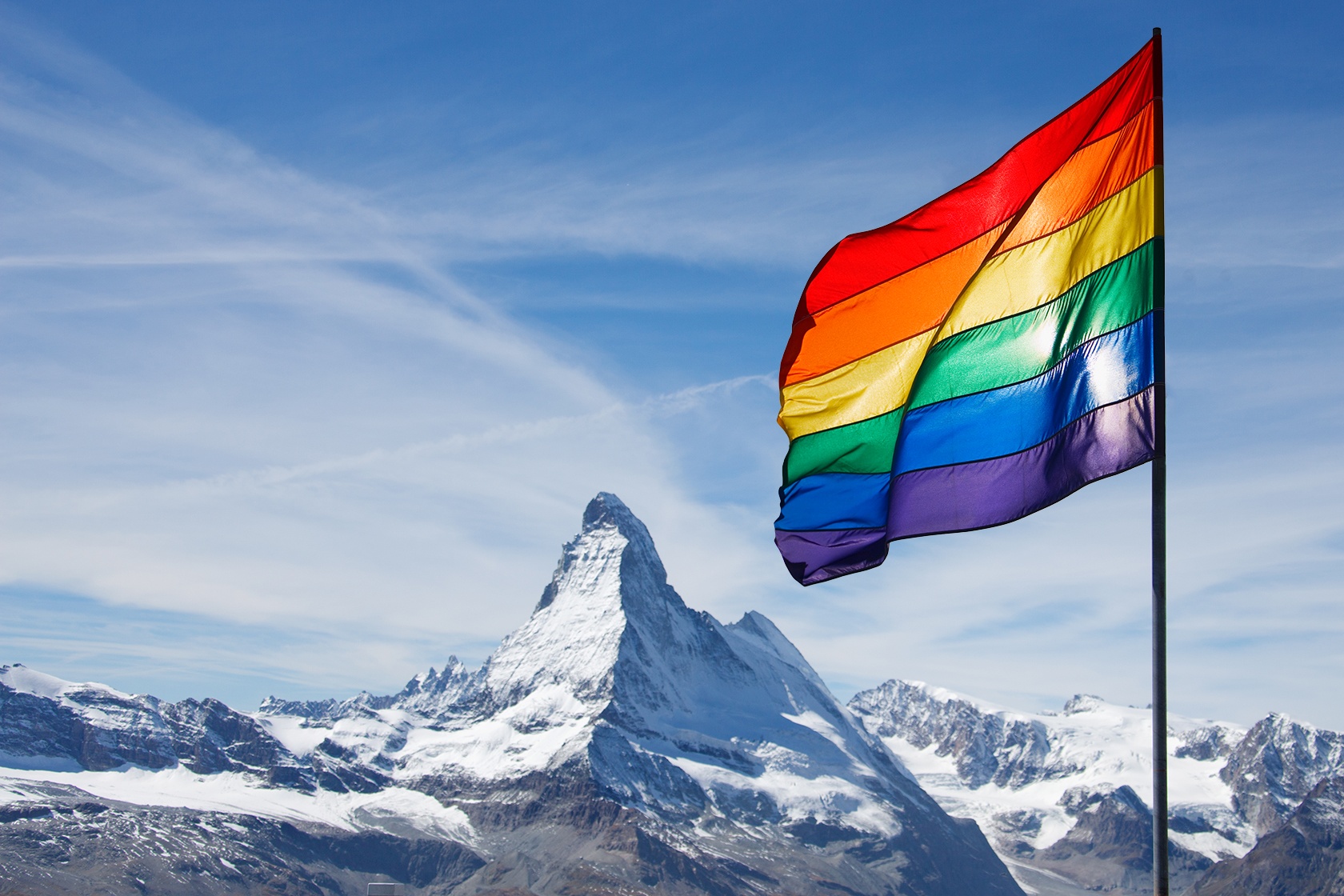Switzerland is a leading country in Central Europe and is generally considered to be one of the freest and most desirable countries in the area to live in. However, in comparison to a lot of Northern and Western European countries it is considerably antiquated in its beliefs. Last week, an anti-discimination law based on sexual identity and orientation finally won its passing by a vote of 63.1% to 36.9%, despite public opinion that a majority result was incredibly unlikely. The surprisingly positive outcome shocked a lot of people and marked an incredible shift in the support for LGBTQ+ people in Europe as a whole over the space of just over a year.
However, despite the support for the passing, it did not come without significant opposition. Many (largely right-wing supporters) publicly argued that the passing of the bill was a restriction on the freedom of speech within a country which has always, until now, been a free country. The outrage was only worsened when popular company Coca Cola launched their campaign in support of the passing with slogans and images of their bottles branding rainbow flags being used in marketing. A press release even claimed that they ‘don’t like Coca Cola anymore’. However, there is an irony in those claiming to advocate against the public punishment of homophobic behaviours in favour of free speech, criticising a company for their display of free speech which favoured the movement. It seems some of the opponents to the law are only in favour of a free speech which speaks against homosexuality and not that which speaks in favour of it.
The intensity of the opposition and their confidence in their public movement demonstrates the ingrained homophobia within Switzerland which remains regardless of the bill, with people on the LGBTQ+ spectrum 5x more likely to commit suicide than those who identify as heterosexual, demonstrating a lack of comfort and security within Swiss society.
Nevertheless, the passing of the law is undeniably a step in the right direction for Switzerland, as it shows a majority support for the minority group and gives those within the LGBTQ+ community a figure on which they can latch onto when they feel isolated within society. The hope is that the new law will allow LGBTQ+ people to feel comfortable in society and to press for further laws to be passed in regard to marriage and adoption rights for the community.
Additionally, it gives a newfound life to the rest of central Europe which is significantly trailing in their support for LGBT+ people. Switzerland isn’t a members of the EU, but among EU member states only 14/27 allow same-sex marriage. Recognition is particularly bad in southern, eastern and central Europe.
Therefore, having the majority support for the community in a leading country within central Europe should act as an incentive and example to those around it to follow in their stead. The result demonstrates an urgency for change and the amount of people willing to push for it, making it harder for other European countries to persist with an outdated societal system.
Despite the success in Switzerland, it is relatively minor in comparison to elsewhere (for instance the 80% majority which it passed with in France) and therefore cannot be forgotten the lack of security and safety which the LGBTQ+ community has within their society.
Therefore, the passing of the new law (which makes public homophobia illegal) is merely an indication that a change of opinion within central Europe has begun, but by no means the end of the struggle of members of the community in Switzerland and surrounding communities.
Image: Shortlist

